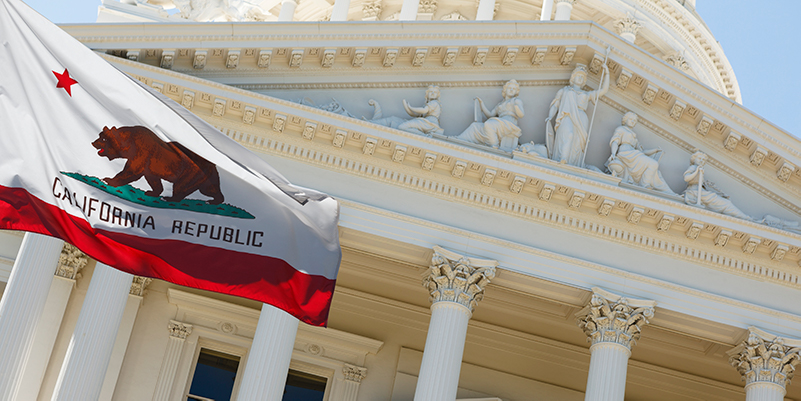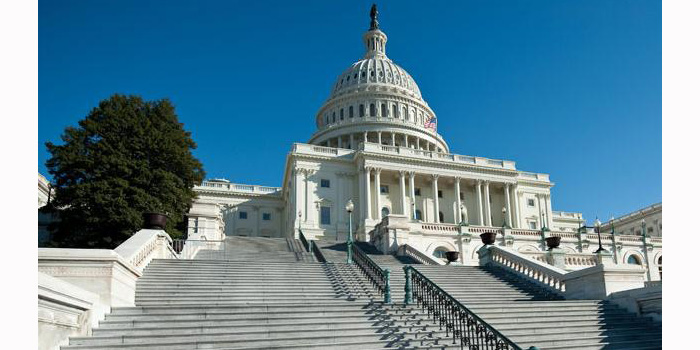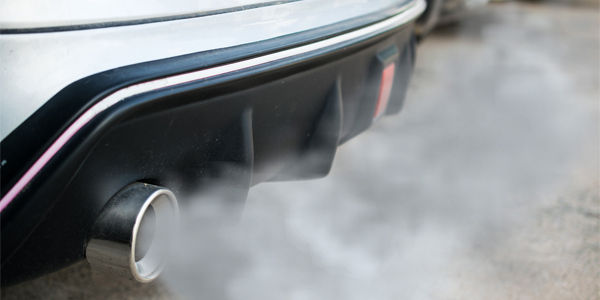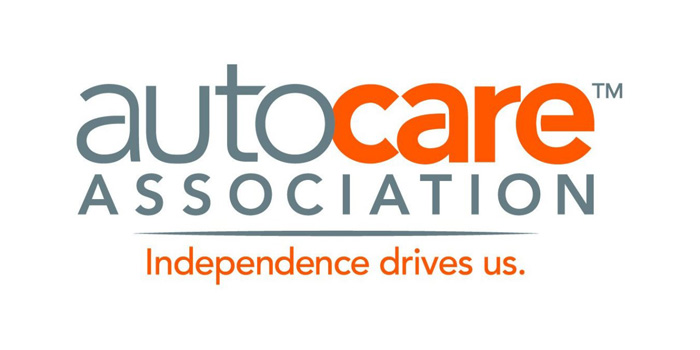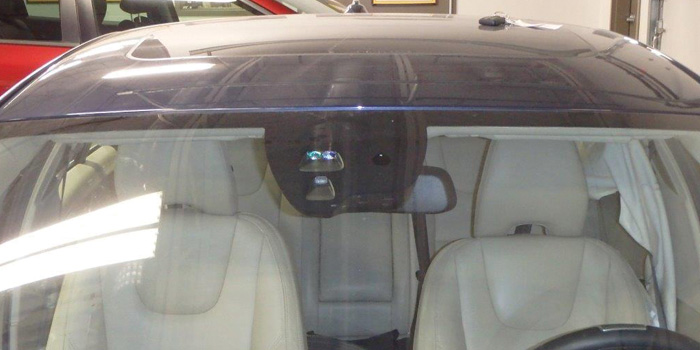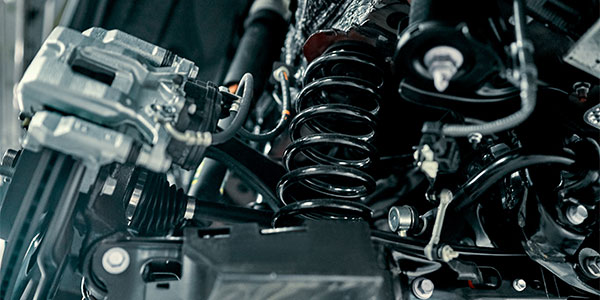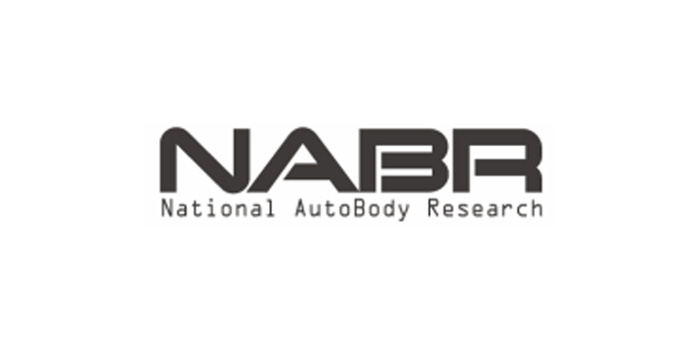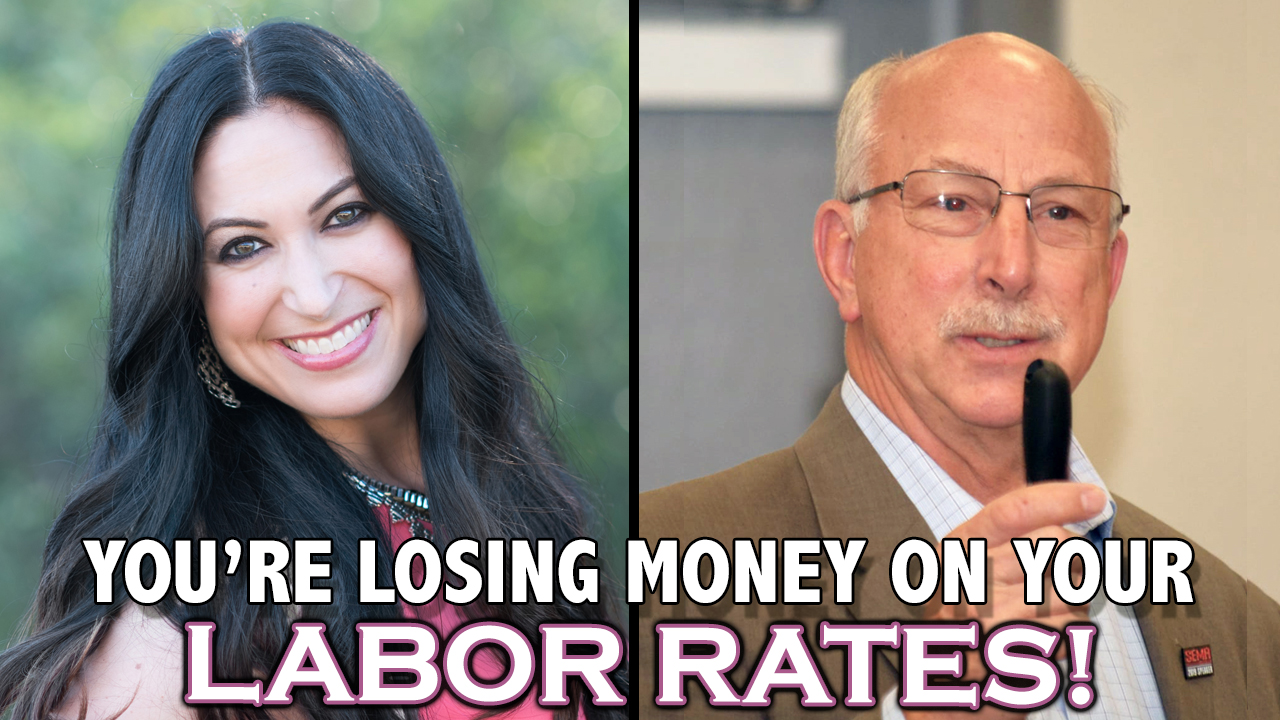A new controversial auto body labor rate survey bill in California has been amended with more changes and re-referred to the California Senate Insurance Committee.
Recently, the committee voted 9-1 to advance Assembly Bill 2276, with a purpose to supplement the auto body labor rate survey laws and clarify parameters and other conditions.
The bill is being opposed by the California Autobody Association, and the California Department of Insurance is advising caution toward the bill.
If made law, the bill would amend the current Insurance Code to state that:
- “It is unlawful for an insurer to require an auto body repair shop registered pursuant to Sections 9884 and 9889.52 of the Business and Professions Code, as a condition of participation in the insurer’s direct repair program, to pay for the cost of an insured’s rental vehicle that is replacing an insured vehicle damaged in an accident, or to pay for the towing charges of the insured with respect to that accident. However, the insurer and the auto body repair shop may agree in writing to terms and conditions under which the rental vehicle charges become the responsibility of the auto body repair shop when the shop fails to complete work within the agreed-upon time for repair of the damaged vehicle.”
- A registered auto body repair shop that is denied participation in an insurer’s direct repair program may report a denial to the department, which shall maintain a record of all those denials for the purposes of gathering market conduct information. An insurer, upon the request of the department, shall disclose the fact that a denial was made.
Where a lot of controversy stems from is the geographic parameters set for auto body labor surveys.
The current language of the bill states that:
- “…the insurer shall reasonably consider market conditions in a specific geographic area. For purposes of this section, “market conditions” means various local economic factors, including, but not limited to, labor costs, rent, land prices, and local laws and regulations.”
- “An auto body repair labor rate survey conducted pursuant to this section shall cover the boundaries of local workforce development areas established by the Employment Development Department that are in effect on January 1 of the surveyed year, but a geographic area for this purpose shall not be larger than a county.”
The existing legislature had allowed insurers to define a market as a Local Workforce Development Area, which can be vague and large, sometimes spanning multiple counties. While this bill would be an improvement in many industry lobbyists’ eyes, this size parameter is still far too large in most cases for it to be an accurate representation of local areas and communities – especially when there is such a wide size difference between the smallest county in California (San Francisco County, at 47 square miles) and the largest (San Bernadino County at 20,057 square miles). Many believe this leads to artificially lowering the prevailing rate due to variability in the cost of living and the socioeconomic status of the surveyed area.
Other ideas of using cities, counties or combined rural regions to create the survey area were considered but ultimately rejected.
To read the full text of the bill and check its status, click here.
Stay tuned for updates!

